
A group of investors — including certain mutual funds — holding $5 billion in Puerto Rico's General Obligation bonds revealed Monday the terms of a joint restructuring proposal that calls for offering the government a five-year moratorium on principal payments and $750 million in upfront liquidity.
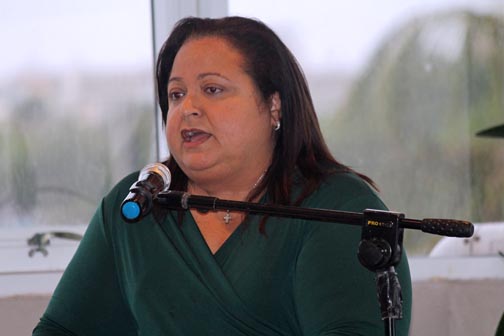
A group of holders of outstanding bonds of the Government Development Bank for Puerto Rico filed a complaint in the U.S. District Court for the District of Puerto Rico Monday seeking to enjoin certain transfers of assets by GDB they claim are prohibited under Puerto Rico law.

Following Sunday’s confirmation that Puerto Rico Treasury Secretary Juan Zaragoza had stepped down from his post at the Government Development Bank’s board of directors, to “avoid a conflict of interest,” a group of bi-partisan lawmakers demanded transparency from the troubled public agency.
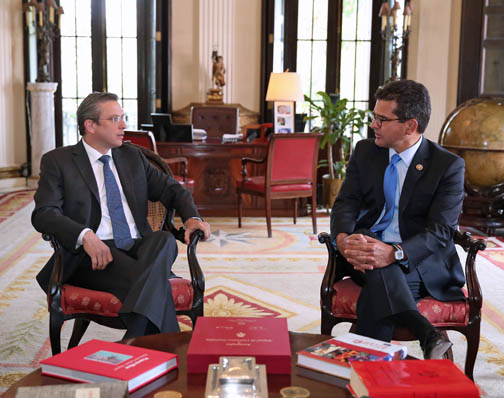
The U.S. House Committee on Natural Resources, chaired by Rob Bishop (R-UT). released a draft legislation on Puerto Rico’s economic crisis Tuesday, proposing an oversight board that will, among other things, audit the government and its corporations.
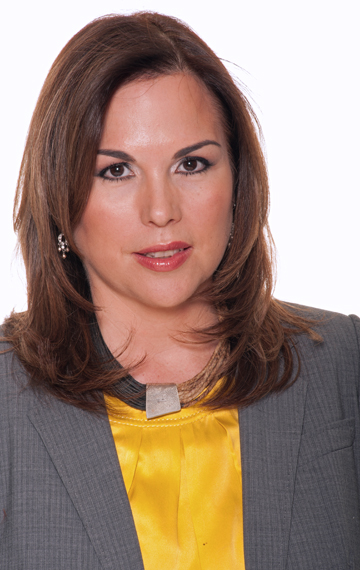
So, here we find ourselves. A mere eight months away from the general elections, with a cast of characters in the local ballot (at least the ones with chances of winning) that offer absolutely no chance of a solution to our insurmountable problems.
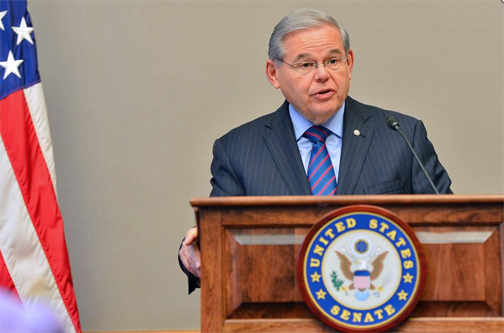
Sen. Bob Menendez (D-NJ) announced Monday he will introduce a comprehensive legislative package to provide Puerto Rico a real path to solvency through comprehensive reforms, backed by three other lawmakers.
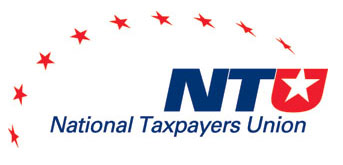
Very soon, the House Committee on Natural Resources is expected to release draft legislation designed to address Puerto Rico's chronic and serious financial woes.
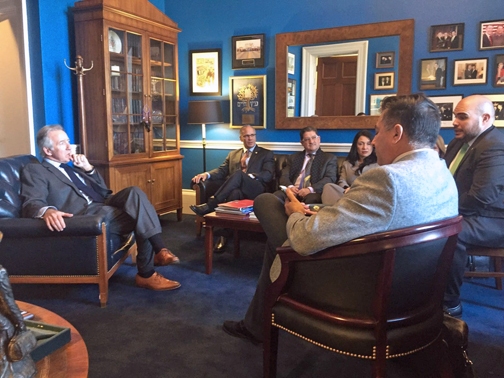
Leaders of the Puerto Rico Private Sector Coalition signaled that the group’s lobbying efforts have made progress in convincing members of Congress and the White House to add a measure of “economic development authority” to the expected fiscal oversight board to be imposed on the Commonwealth government.
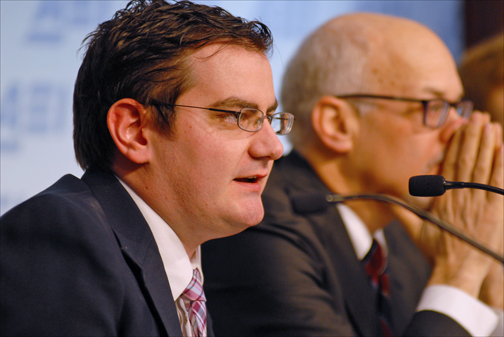
Puerto Rico’s fiscal crisis is the direct result of poor governance and mismanagement, and an inefficient welfare system and over-regulation is only making things worse, argued a five-member expert panel meeting in Washington.
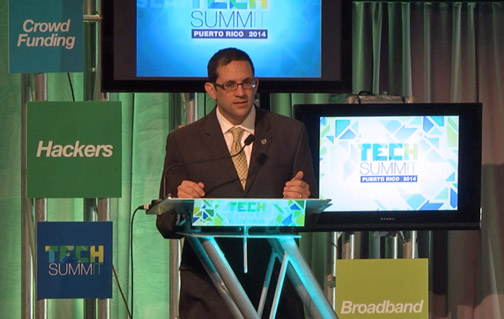
The Puerto Rico Aqueduct and Sewer Authority’s board of directors approved Tuesday a plan mapping out its finances through the end of the fiscal year that is anchored on the approval of the bill establishing a new credit-issuing entity that is already facing opposition.
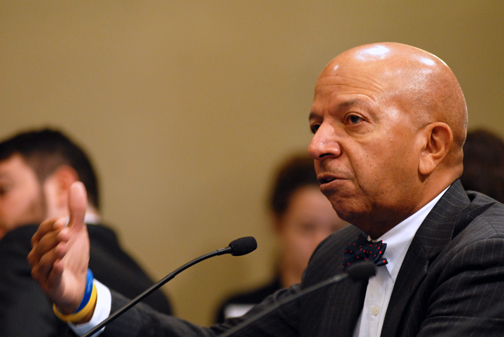
Former Washington, D.C. Mayor Anthony A. Williams, who steered the nation’s capital from financial ruin to prosperity, told U.S. lawmakers Tuesday that solving the immediate fiscal crisis, while absolutely essential, will not alone be sufficient to bring Puerto Rico back to the position of economic self-sufficiency.
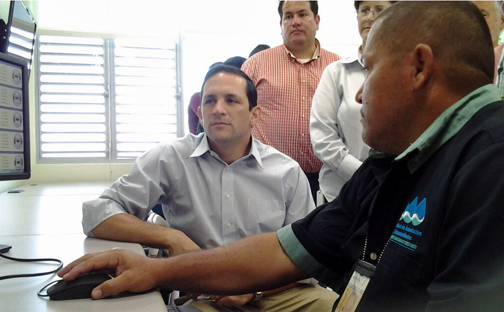
The Puerto Rico Aqueduct and Sewer Authority is considering dipping into its rate stabilization fund to pay off $90 million due to creditors by month’s end, which would drain the reserve entirely, utility officials said Monday.
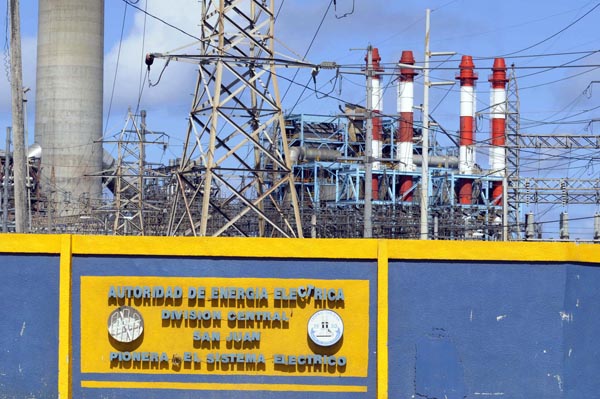
The Puerto Rico Electric Power Authority and its bondholder group announced this morning they have resumed talks, after walking away from the table nearly a week ago.

Puerto Rico will be $923 million in the hole by summer if it meets all of its upcoming obligations, including debt service payments and payments to suppliers, as the fiscal crisis tightens its grip on the island’s finances.

Recent news coverage about Puerto Rico has focused on its high public debt and imminent default while, in U.S. Congress, powerful lobbies seem to hold more sway over Puerto Rico’s future than do more than 8 million U.S. citizens.




NIMB ON SOCIAL MEDIA